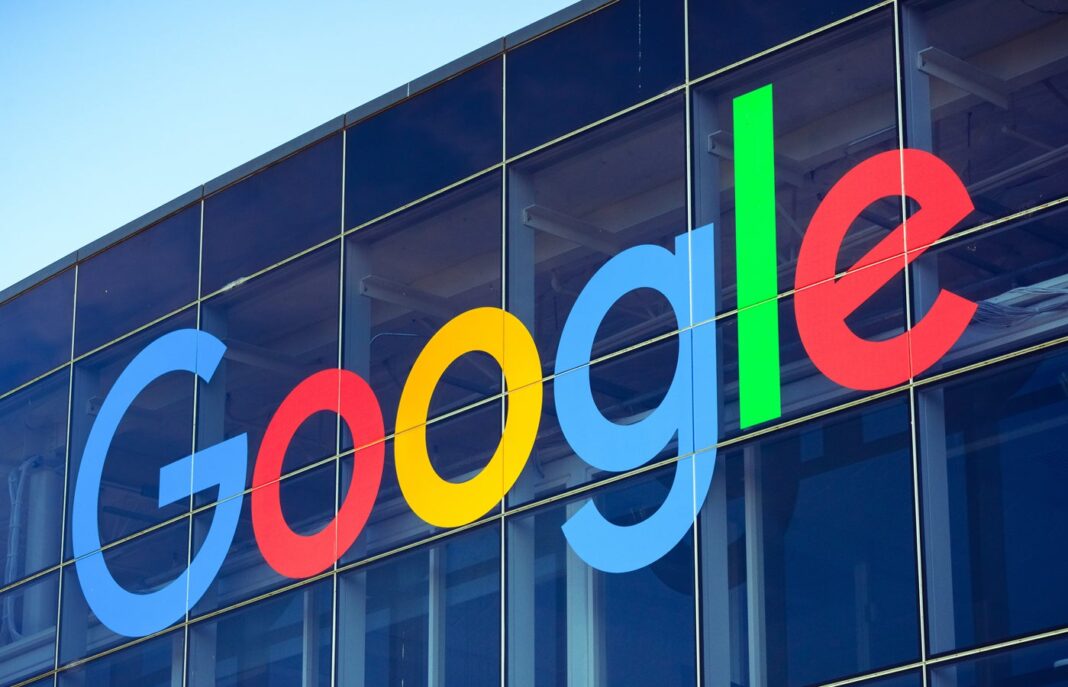Google is the first company investigated for potential strategic market status under the new U.K. Digital Markets, Competition and Consumers Act. If it receives the designation, bespoke conduct requirements will be drafted for the company to follow, preventing anti-competitive practices.
“The investigation will assess Google’s position in search and search advertising services and how this impacts consumers and businesses, including advertisers, news publishers, and rival search engines,” the Competition and Markets Authority said in a press release.
What is the DMCCA?
The DMCCA, which came into force on Jan. 1, is designed to regulate the behaviour of major digital firms with significant market power in the country. It grants the CMA new powers to impose requirements on tech companies with “Strategic Market Status,” reminiscent of the “gatekeeper” organisations that must abide by the E.U.’s Digital Markets Act.
For the investigation into Google, the CMA will look at whether it is using its position to prevent innovation by others, such as withholding resources or designing AI services to limit how competing search engines could create equivalent features. The CMA will also assess whether the tech giant is using its dominant position to prioritise its search services (such as for shopping or travel), collecting and using consumer data without informed consent, and using publisher content without fair terms and conditions.
SEE: Google Abusing Dominant Position in Ad Tech Sector, Says U.K. Government
The DMCCA gives new enforcement powers to a group established inside the CMA called the Digital Markets Unit. It will draft a unique set of conduct requirements for each company designated as SMS, which they must abide by even before exhibiting anti-competitive practices to prevent them from occurring. Additionally, the DMU can make “pro-competition interventions” that will actively address a company’s adverse effects on competition that stem from its disproportionate market power.
Conduct requirements for Google might include forcing it to make the user data it collects available to competitors or giving publishers more control over how their data is used, including in Google’s AI services. The CMA can continue to amend them even after completing the SMS investigation.
SMS-designated firms must have substantial market power in digital activity, strategic significance, and either a global turnover of more than £25 billion or a U.K. turnover of more than £1 billion. The CMA will conduct investigations into each firm before applying for SMS status, which usually takes about nine months. In Google’s case, a decision will be made by October 2025, while interested parties can submit comments until Feb. 3.
In August, the CMA rejected Google’s proposed policy changes regarding purchases made within apps listed on its Play Store, which had spurred an investigation. This suggested that the company would be one of the first to achieve SMS because, if the CMA accepted the changes, it would be limited in what actions it could take under the DMCCA.
Search and search advertising, where an advertiser pays for its advert to appear next to the results from a user’s search, is the first of two areas of digital activity in which the CMA will launch SMS designation investigations this month.
SEE: Regulator CMA to Scrutinize Microsoft and Other Cloud Service Providers in the UK
“Millions of people and businesses across the UK rely on Google’s search and advertising services – with 90 per cent of searches happening on their platform and more than 200,000 UK businesses advertising there,” Sarah Cardell, chief executive of the CMA, said in a press release.
“That’s why it’s so important to ensure these services are delivering good outcomes for people and businesses and that there is a level playing field, especially as AI has the potential to transform search services.”
E.U. and U.S. also take issue with Google’s anticompetitive practices in Search
In March 2024, Google temporarily removed some Search widgets, such as Google Flights, to allow more access to individual businesses in response to the E.U.’s Digital Markets Act coming into force.
However, just a few weeks later, the E.U. opened an ongoing non-compliance investigation, as regulators claim it is promoting its own services above third parties’ in search results. In December, Google announced several more changes to its Search features to comply with the Act.
In September 2024, the European Court of Justice upheld a €2.42 billion fine against Google for violating E.U. antitrust rules by favouring its own comparison shopping service, Google Shopping, in search results.
Additionally, in August 2024, a federal judge ruled that the tech company monopolizes general search services and text ads, breaking antitrust law in the U.S.
However, Google is not going down without a fight. The tech company successfully overturned a €1.5 billion antitrust fine it received from the European Commission in 2019 for preventing third parties using its AdSense platform from displaying competitor ads next to Google search results.
Google was also handed a €4.34 billion fine from the European Commission in 2018 for abusing its dominance by pre-installing Google Search into Android devices but has since escalated an appeal to the European Court of Justice.



